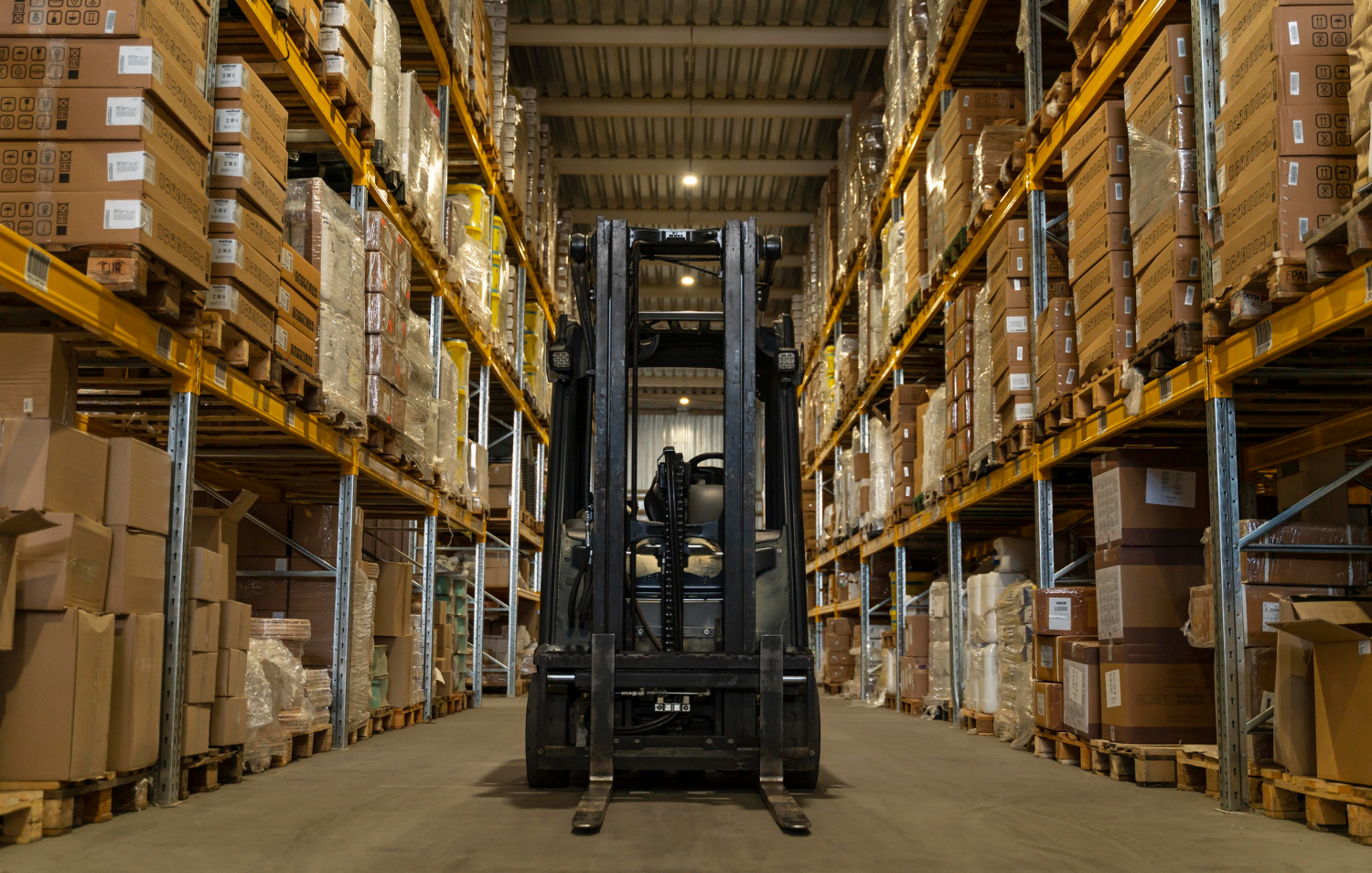
Forklifts are the unsung heroes of many industries, from warehousing to construction. These powerful machines are essential for moving heavy loads efficiently, but like any piece of equipment, they require regular maintenance to perform optimally. Neglecting this aspect can lead to costly repairs, reduced efficiency, and ultimately, a shorter lifespan. In this article, we will explore the importance of expert servicing for forklifts and how it can significantly extend their operational life.
Table of Contents
Understanding Forklift Maintenance
Forklift maintenance is not just about fixing problems as they arise; it’s about preventing them in the first place. Regular servicing involves a comprehensive check-up of the machine, including its mechanical, electrical, and hydraulic systems. This proactive approach ensures that any potential issues are identified and addressed before they escalate into major problems.
The Benefits of Regular Servicing
1 Increased Reliability: A well-maintained forklift is less likely to break down unexpectedly. This reliability is crucial in environments where time is money. For instance, a sudden breakdown can halt operations, leading to delays and financial losses.
2 Enhanced Safety: Forklifts are powerful machines that can pose significant safety risks if not properly maintained. Regular servicing helps ensure that safety features, such as brakes and lights, are functioning correctly, reducing the risk of accidents in the workplace.
3 Cost Efficiency: While it may seem counterintuitive, investing in regular servicing can save money in the long run. Preventative maintenance is often less expensive than emergency repairs. Moreover, a well-maintained forklift operates more efficiently, consuming less fuel and reducing overall operational costs.
4 Extended Lifespan: Just like a car, a forklift that receives regular care will last longer. By addressing wear and tear early, you can avoid the need for costly replacements and keep your equipment running smoothly for years.
To achieve these benefits, it’s essential to engage in expert servicing for forklifts. This involves working with trained professionals who understand the intricacies of these machines and can provide tailored maintenance solutions.
Key Components of Forklift Servicing
When it comes to forklift servicing, several key components should be regularly checked and maintained:
1. Fluid Levels
Fluids play a critical role in the operation of a forklift. Regular checks should be made on:
- Engine Oil: Ensures smooth operation and prevents engine wear.
- Hydraulic Fluid: Essential for lifting and lowering loads.
- Transmission Fluid: Keeps the transmission system functioning properly.
2. Battery Maintenance
For electric forklifts, battery health is paramount. Regular servicing should include:
- Checking the battery charge levels.
- Inspecting for corrosion on terminals.
- Ensuring proper water levels in lead-acid batteries.
3. Tire Condition
Forklift tires are often overlooked, yet they are crucial for stability and safety. Regular checks should include:
- Inspecting for wear and tear.
- Ensuring proper inflation levels.
- Checking for any punctures or damage.
4. Brakes and Steering
The braking system is one of the most critical safety features of a forklift. Regular servicing should involve:
- Inspecting brake pads and discs for wear.
- Checking the hydraulic brake fluid levels.
- Ensuring the steering mechanism is responsive and free of obstructions.
5. Electrical Systems
Forklifts are equipped with various electrical components, including lights, alarms, and control systems. Regular checks should include:
- Testing all lights and alarms for functionality.
- Inspecting wiring for signs of wear or damage.
- Ensuring that control systems are responsive and accurate.
The Role of Professional Servicing
While some businesses may attempt to handle forklift maintenance in-house, the benefits of professional servicing cannot be overstated. Trained technicians have the expertise to identify issues that may not be immediately apparent to untrained eyes. They also have access to specialised tools and equipment that can make servicing more efficient and effective.
Choosing the Right Service Provider
When selecting a service provider for your forklift maintenance, consider the following:
- Experience and Qualifications: Look for a company with a proven track record in forklift servicing. Technicians should be certified and trained in the latest industry standards.
- Comprehensive Services: Choose a provider that offers a full range of services, from routine maintenance to emergency repairs. This ensures that all your needs can be met under one roof.
- Customer Reviews: Research customer feedback to gauge the quality of service provided. Positive reviews can be a good indicator of reliability and expertise.
Conclusion
In conclusion, expert servicing for forklifts is not just a luxury; it’s a necessity for businesses that rely on these machines for their operations. Regular maintenance not only enhances safety and reliability but also extends the lifespan of your equipment, ultimately saving you money. By investing in professional servicing, you can ensure that your forklifts remain in peak condition, ready to tackle the demands of your business. Remember, a well-maintained forklift is a productive forklift, and in today’s competitive landscape, that can make all the difference.


